Lead-PI
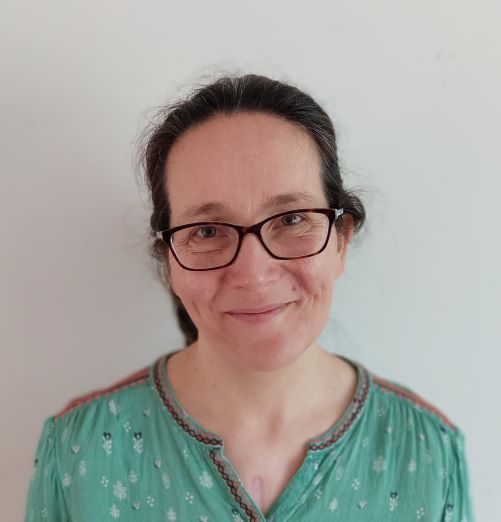
Dr Babette Hoogakker
Associate Professor in Palaeoceanography and Climate Change
Babette joined Heriot-Watt in 2017. Prior to this she worked as a postdoc at the University of Oxford (NERC research fellowship), and the University of Cambridge. Babette is interested in the relationship between the global biogeochemical cycles (especially oxygen and carbon) and the evolution of the oceans and climate using isotope and trace element proxies.
Babette is a UKRI Future Leaders Fellow and leads the FARGO project. She was awarded a Philip Leverhulme prize in Earth Sciences in 2018.
Also see https://researchportal.hw.ac.uk/en/persons/babette-hoogakker
Junior Team Members
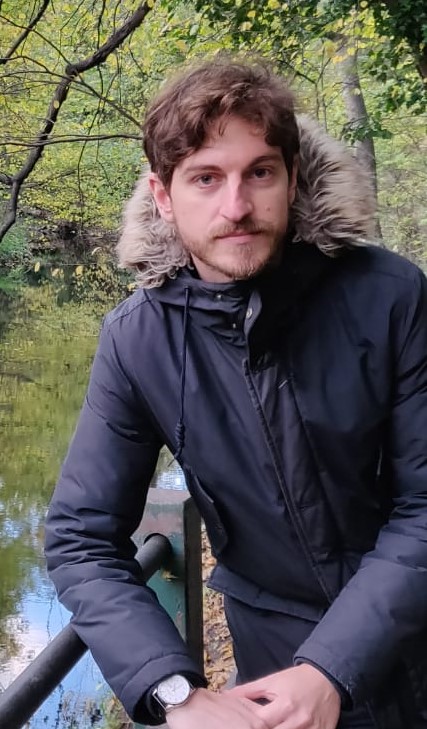
Tommaso Paoloni
Tommaso is a PhD candidate at the Lyell Centre and a member of the FARGO project. He has been assessing the chemical composition of the foraminifera bound organic material using gas and liquid chromatography and he has been studying its isotopic signal (δ13Corg-pforam) to reconstruct past climate change.
He has been studying the potential of δ13Corg-pforam as a proxy for the past particulate organic matter isotopic signal and he has been executing additional geochemical analyses (Mg/Ca ratio) to study the variation of foraminifera calcification temperatures in the past 20,000 years.
He has a background in geology and micropaleontology and several collaborations from all around the world (e.g., United Kingdom, Italy, Australia, Norway, Germany, Brazil, United States). His interest in foraminifera started during his master. His MSc thesis focused on foraminifera assemblages as a proxy for chemical and physical parameters in order to reconstruct the environmental conditions of specific areas along the north-east coast of Italy.
He has been studying the potential of δ13Corg-pforam as a proxy for the past particulate organic matter isotopic signal and he has been executing additional geochemical analyses (Mg/Ca ratio) to study the variation of foraminifera calcification temperatures in the past 20,000 years.
He has a background in geology and micropaleontology and several collaborations from all around the world (e.g., United Kingdom, Italy, Australia, Norway, Germany, Brazil, United States). His interest in foraminifera started during his master. His MSc thesis focused on foraminifera assemblages as a proxy for chemical and physical parameters in order to reconstruct the environmental conditions of specific areas along the north-east coast of Italy.
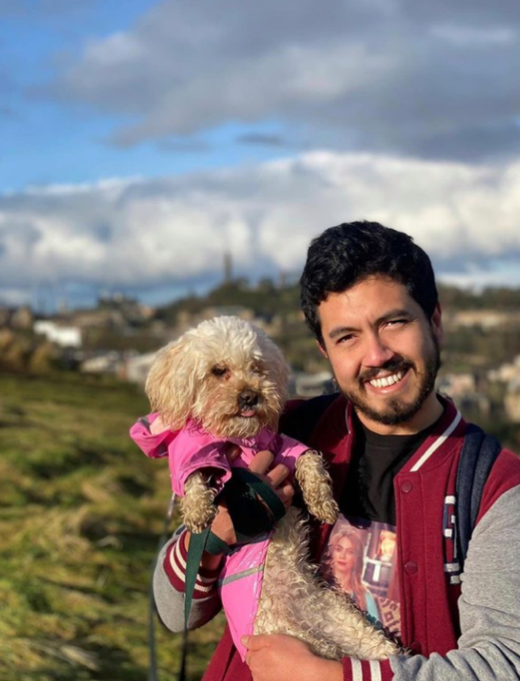
Sebastian Garrido
Sebastian is a geologist palaeontologist from Concepción in Chile. He spent some years working on paleontological expeditions in South Chilean Patagonia, looking for fossils of dinosaurs, plants, and microfossils such as foraminifera, ostracods and calcareous nannofossils from the Late Cretaceous.
He has carried out academic teaching activities related to the field of palaeontology, and geological and tectonic history of the Andean Margin of South America. He also works as a freelance paleontological consultant in Chile.
Currently Sebastian as part of his PhD research at the Lyell Centre is studying the changes in the expansion of the Southeast Pacific Oxygen Minimum Zone during the Neogene and Quaternary using benthic foraminifera community ecology and their morphologies.
He has carried out academic teaching activities related to the field of palaeontology, and geological and tectonic history of the Andean Margin of South America. He also works as a freelance paleontological consultant in Chile.
Currently Sebastian as part of his PhD research at the Lyell Centre is studying the changes in the expansion of the Southeast Pacific Oxygen Minimum Zone during the Neogene and Quaternary using benthic foraminifera community ecology and their morphologies.
Senior Team members
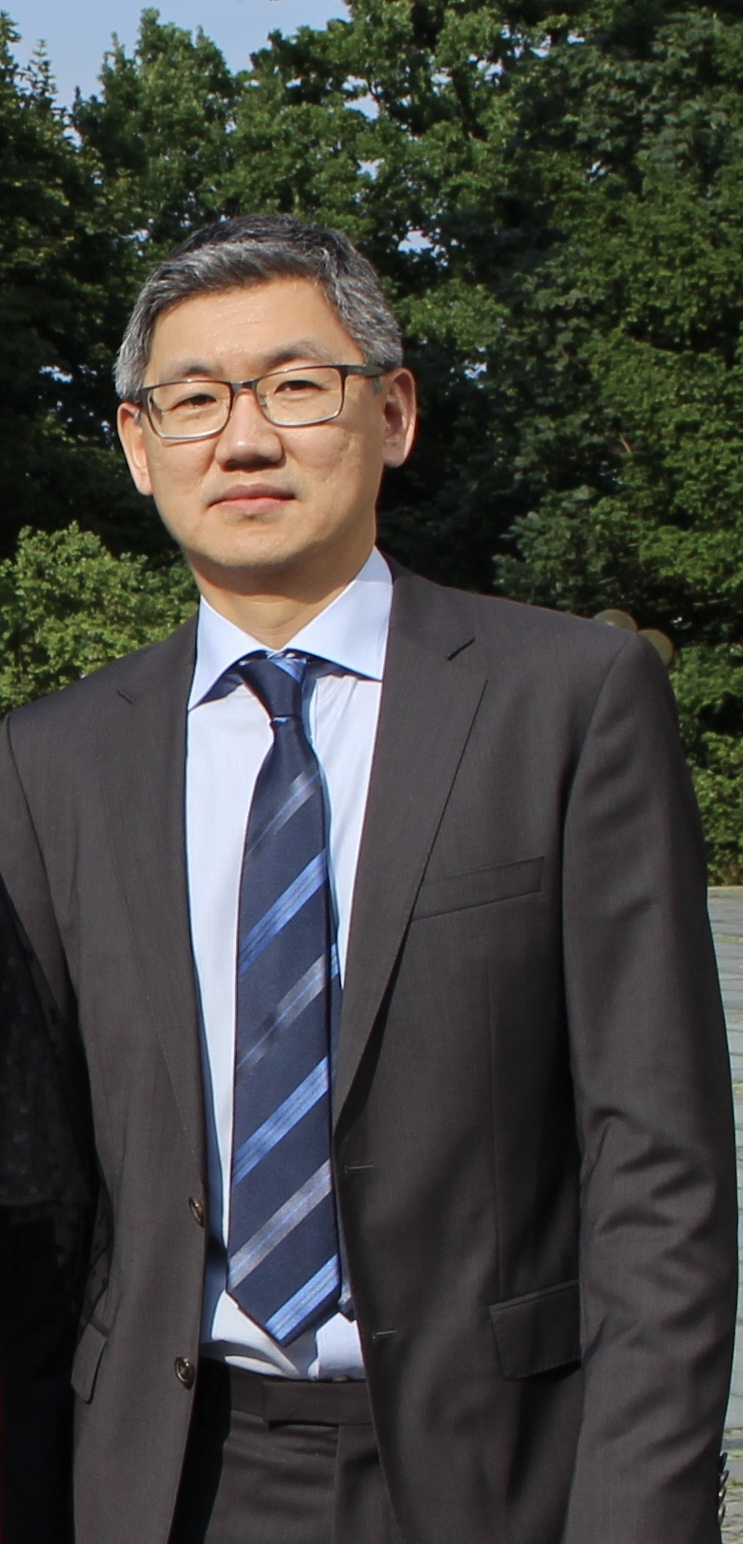
Vyacheslav Khon
Vyacheslav joined the Lyell Centre as a post-doctoral Research assistant in Earth system modelling. He is working on the FARGO project. His research interest is climate modelling with the focus on the climate dynamics, paleomonsoon circulation, El Niño variability and marine biogeochemistry.
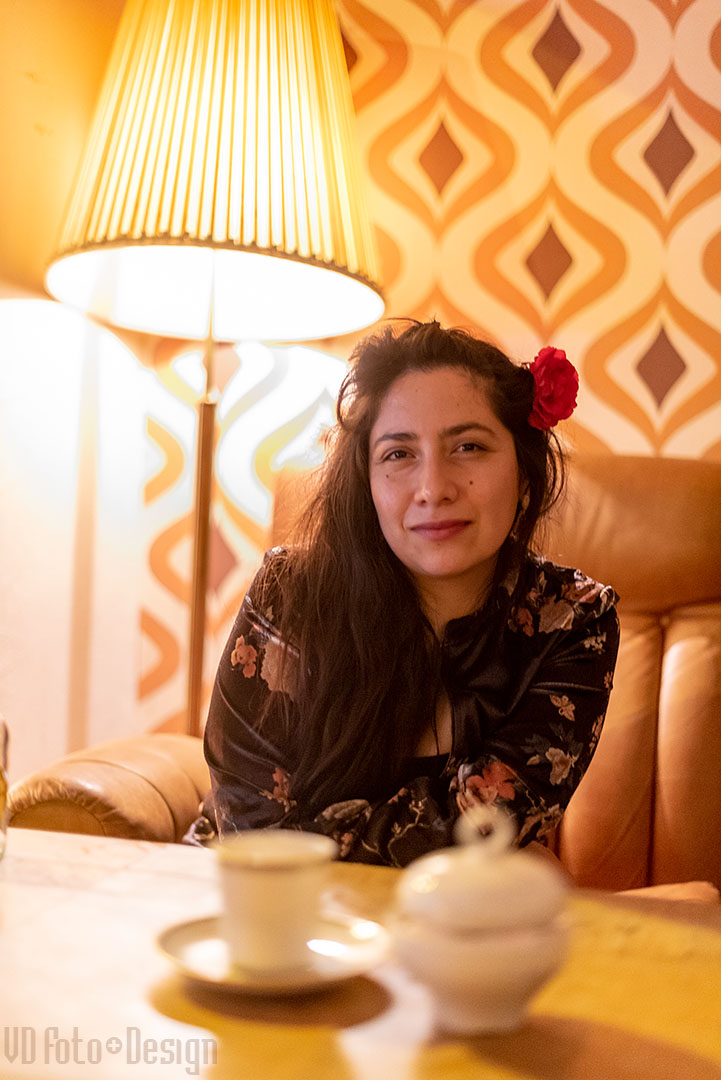
Dharma Andrea Reyes Macaya
Dharma is part-time PhD researcher at MARUM-Centre for Marine Environmental Sciences (Bremen-Germany) and a guest student in the Paleoceanography group of the Lyell Centre and the ANID-Millennium Science Initiative Program Nucleo Milenio UPWELL (Chile).
She currently work as a senior technician in the UKRI FARGO project studying past changes in water column and bottom water oxygen at the Pacific Ocean during the Pliocene and Pleistocene.
She have been focus her research in understanding past changes in the present and past hydrology (water mass geometry) of the Equatorial and South-East Pacific using a multi-proxy approach based in stable isotopes (water, calcite and bulk sediment), radiocarbon (calcite) and trace elements (sediments and calcite) [see publications here Dharma Andrea Reyes Macaya – Google Scholar].
Since her undergraduate studies she has been actively working in several outreach programs using popular education, art and literature as a strategy to communicate science. Since 2019, she has been doing voluntary work as a community scientist building with communities regional knowledge about biogeochemical state of rivers and ocean focusing in trace metals in Chile.
She currently work as a senior technician in the UKRI FARGO project studying past changes in water column and bottom water oxygen at the Pacific Ocean during the Pliocene and Pleistocene.
She have been focus her research in understanding past changes in the present and past hydrology (water mass geometry) of the Equatorial and South-East Pacific using a multi-proxy approach based in stable isotopes (water, calcite and bulk sediment), radiocarbon (calcite) and trace elements (sediments and calcite) [see publications here Dharma Andrea Reyes Macaya – Google Scholar].
Since her undergraduate studies she has been actively working in several outreach programs using popular education, art and literature as a strategy to communicate science. Since 2019, she has been doing voluntary work as a community scientist building with communities regional knowledge about biogeochemical state of rivers and ocean focusing in trace metals in Chile.
Former members
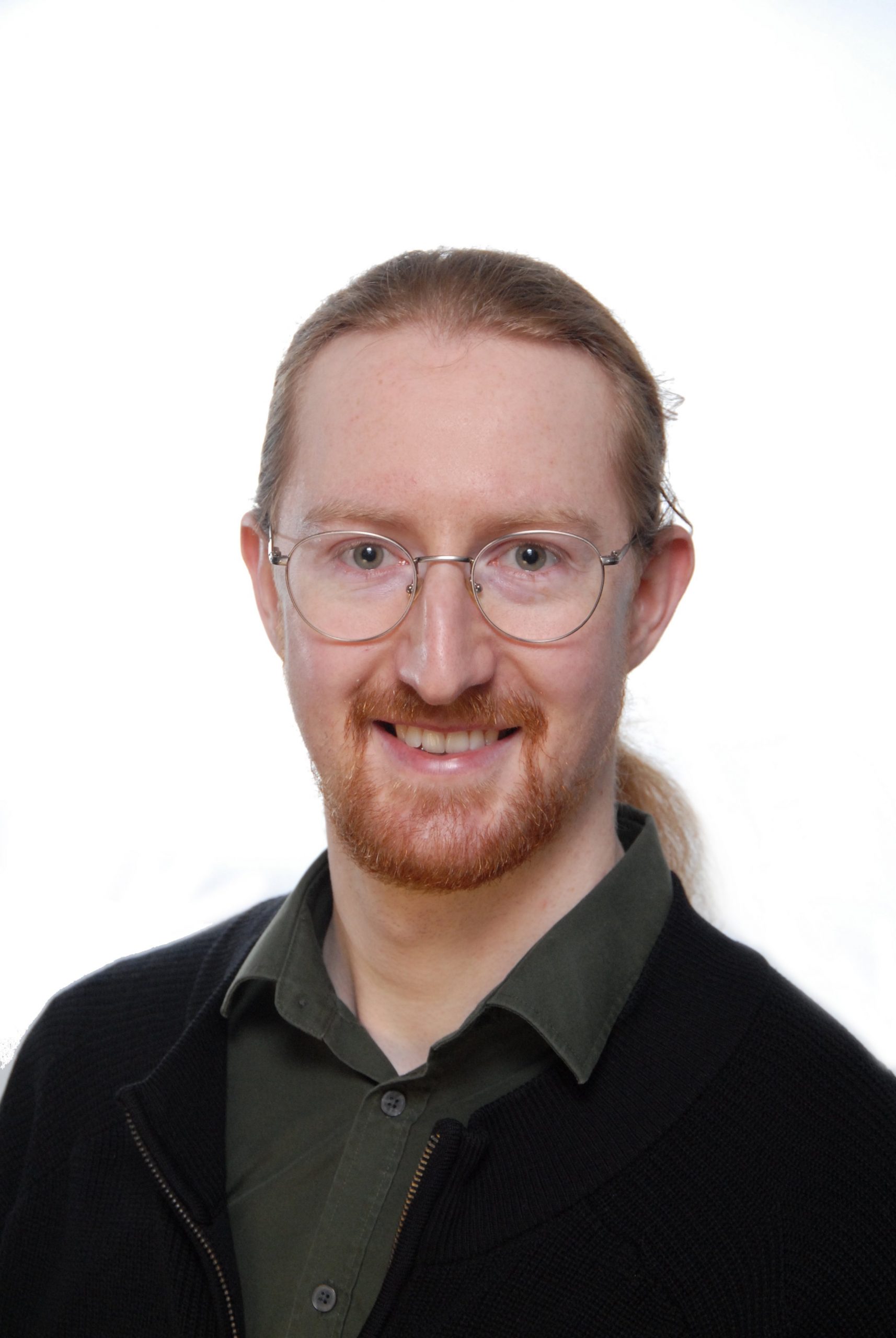
Helge Winkelbauer
Helge is the first PhD student of our working group. His research involves improving and applying the I/Ca ratios in foraminifera as a proxy for historic oxygen concentrations. Currently, he is working on samples from the Indian and Pacific Oceans that cover the Holocene and the last Ice Age.
From the start of his academic career in Geosciences, Helge has been fascinated with benthic and planktic foraminifera and their importance in understanding climate events of the past. In particular, his BSc and MSc dissertations focused on Holocene benthic foraminifera assemblages and stable isotopes as proxies for food availability and oxygen concentration.
From the start of his academic career in Geosciences, Helge has been fascinated with benthic and planktic foraminifera and their importance in understanding climate events of the past. In particular, his BSc and MSc dissertations focused on Holocene benthic foraminifera assemblages and stable isotopes as proxies for food availability and oxygen concentration.

Jennifer Scott
Jennifer was involved in the FARGO project, reconstructing oxygen in the oceans during past warm periods. She now works at Marine Scotland on the COMPASS project (developing long term monitoring to help protect Scotland’s waters and Marine Protected areas.
She is interested in all things oceanography, ranging from past climate reconstructions using foraminifera geochemistry to observation oceanography. Jennifer did her undergraduate degree (Environmental Geoscience) and MScR at the University of Edinburgh. For the latter she investigated past monsoon dynamics in the western Arabian Sea using planktic foraminifera oxygen isotopes and Mg/Ca paleothermometry.
She is interested in all things oceanography, ranging from past climate reconstructions using foraminifera geochemistry to observation oceanography. Jennifer did her undergraduate degree (Environmental Geoscience) and MScR at the University of Edinburgh. For the latter she investigated past monsoon dynamics in the western Arabian Sea using planktic foraminifera oxygen isotopes and Mg/Ca paleothermometry.
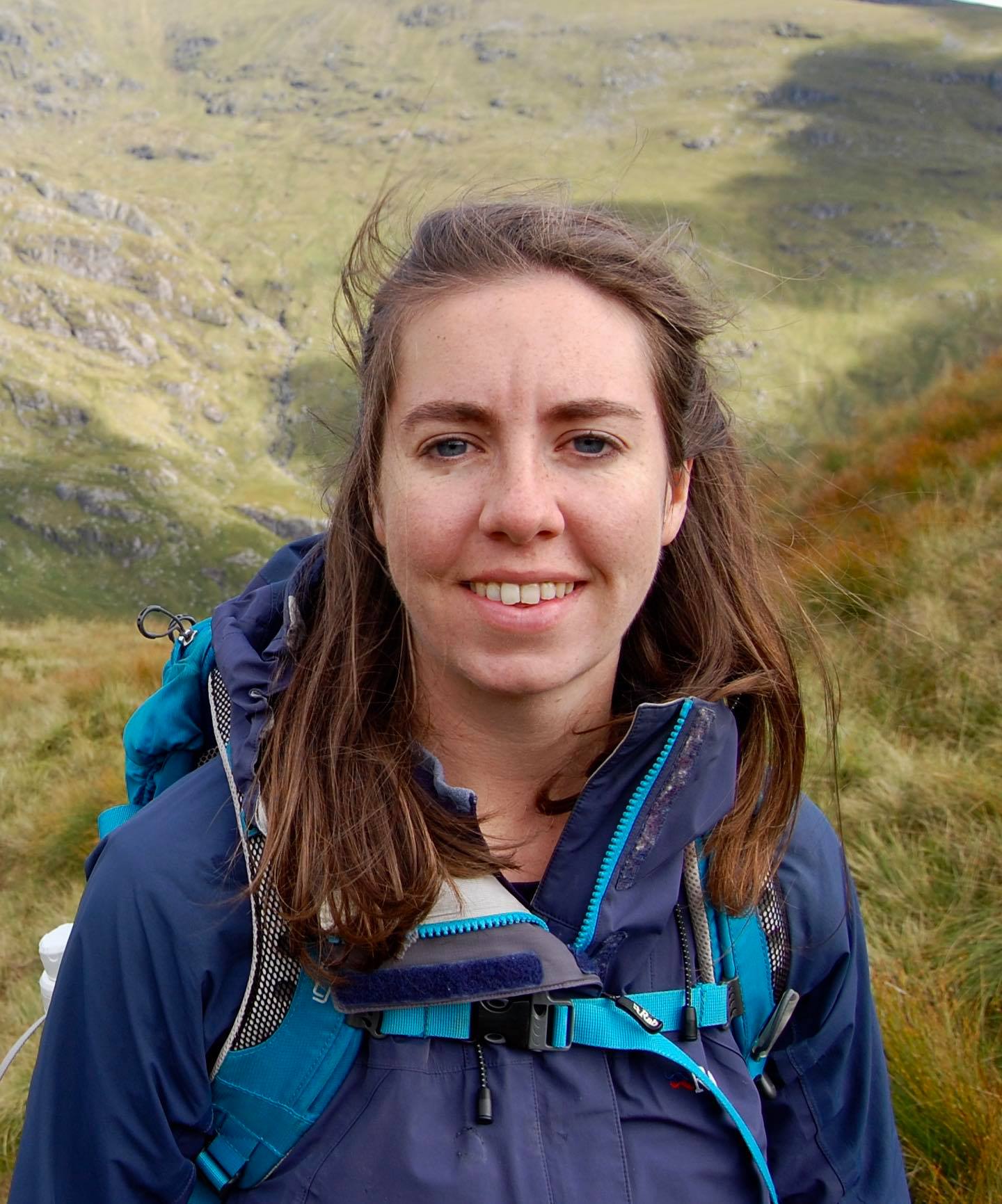
Katrina Nilsson-Kerr
Research technician working on FARGO.
Before joining Heriot-Watt August 2020 to August 2021, Katrina worked as a project officer at the Open University where she also undertook her PhD looking at reconstructing the Late Pleistocene Indian Monsoon.
Katrina is now working at the University of Bergen on her Marie-Skłodowska Curie Post-Doctoral Fellow project.
https://www.uib.no/en/persons/Katrina.Nilsson-kerr
You can find out about Katrina’s research here.
Before joining Heriot-Watt August 2020 to August 2021, Katrina worked as a project officer at the Open University where she also undertook her PhD looking at reconstructing the Late Pleistocene Indian Monsoon.
Katrina is now working at the University of Bergen on her Marie-Skłodowska Curie Post-Doctoral Fellow project.
https://www.uib.no/en/persons/Katrina.Nilsson-kerr
You can find out about Katrina’s research here.
